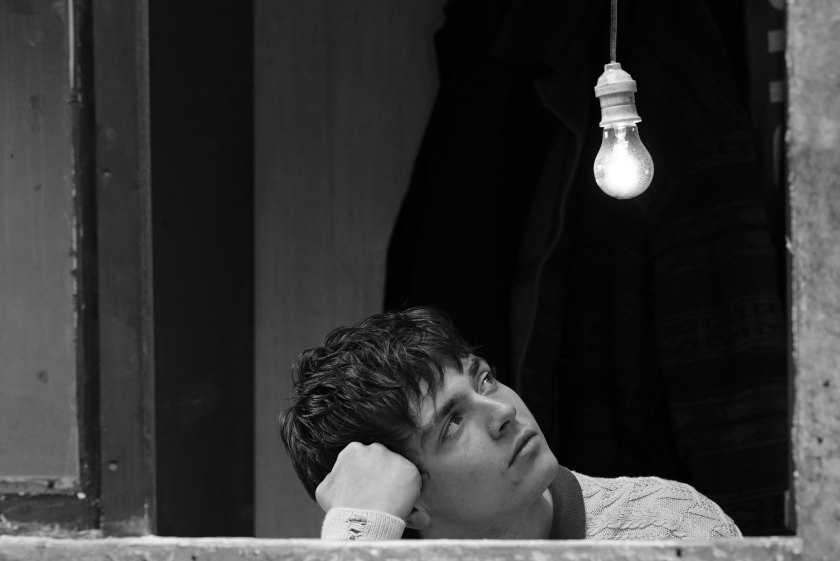Vassilis Kroustallis reviews the feature film by Turkish director Nehir Tuna, screened in competition at the Orizzonti section of the 2023 Venice Film Festival.
There is a certain cinematic charm in bringing enclosed spaces and children to the fore, and Turkish director Nehir Tuna (his first feature) brings it to public view with all its trimmings, less of a protest film against oppression, but more of an observing, first-person chronicle of a boy needing both ideals and personal freedom. Nehir Tuna's 'Yurt' (Dormitory) is the story of 14-year-old Ahmet (an enchanting performance by Doğa Karakaş), who needs to spend his night not at home -but in a Muslim religious dormitory instead.
This is 1997, and conflicts between the seculars and the religious faction in Turkey (briefly depicted via TV news material, which is watched in secret by the dormitory tenants) have arisen; Ahmet's dad (Tansu Biçer) is a recently converted Muslim, who needs to secure his son will not repeat the same 'mistakes' he did. Ahmet meets Hakan (Can Bartu Arslan) in the dormitory, a new friend who will play a major role in his trajectory. He also meets his Nemesis, the zealot Yakup Hodja (Ozan Çelik), who can make Ahmet's life a little bit more difficult than it currently is
Tuna and the striking black and white cinematography of the first part (cinematographer: Florent Herry) won't still make the drama a prison oppression story. The decision to tone down the bad incidents and get a soft light to the characters' faces despite abuse makes the film more inviting -but, at the same time, more ambivalent. Small incidents turn into dramatic confrontations, yet everything is overshadowed by Ahmet's desire for heroes. When his first hero (his dad) proves to be insufficient, he moves to Hodja as a role model, before finally finding his way and identifying with Hakan -and the film will now move to a more contemporary color scheme and more dynamic camerawork - two kids in need of a car adventure.
Tuna is definitely more confident in the first, dormitory part of the film, in which relationships are built and the simmering pot of oppression (which mostly withers away rather than explodes) is shown in clear-cut ways. His main character's trajectory is a fairly believable one; the inquisitive, young, and sympathetic Ahmet needs to weigh his priorities. And, for a considerable amount of time, it seems that identification with an authority figure is more important to him than the Bonjovi rebellious poster that hangs in his room and home. His sweetheart crash involvement looks genuine but appropriately set into the film's narrative background. Most of the time, Hakan is the more complex character of the two, both in his moral proclivities and identity and relationship acts.
The soundtrack (music by Avi Medina) mostly aligns with the main character in the first part, making the environment more muffled than explicitly stark and confrontational. The film's 118-minute run brings the feeling of a story that needs to be told as completed (the ending is also a non-judgmental one), but makes the film somehow more observative than impressionistic. There are sparkles of camaraderie between the two boys in their mutual scenes, even though another background drama (Ahmet's parents) seems also interesting -and unexploited.
'Yurt' has the virtue of bringing a coming-of-age story in a setting (and rather recent) of individuality being denied; while not novel, it is one more testament of a boy who needs to self-define himself instead of mirroring others. Its central story is sometimes lost in the overall canvas of events, whose importance still lurks undefined. Yet, it makes up for a palpable story of its character wanting to know more, but learning to act more in the process.
Yurt premiered at the 2023 Venice Film Festival (Orizzonti Section)

